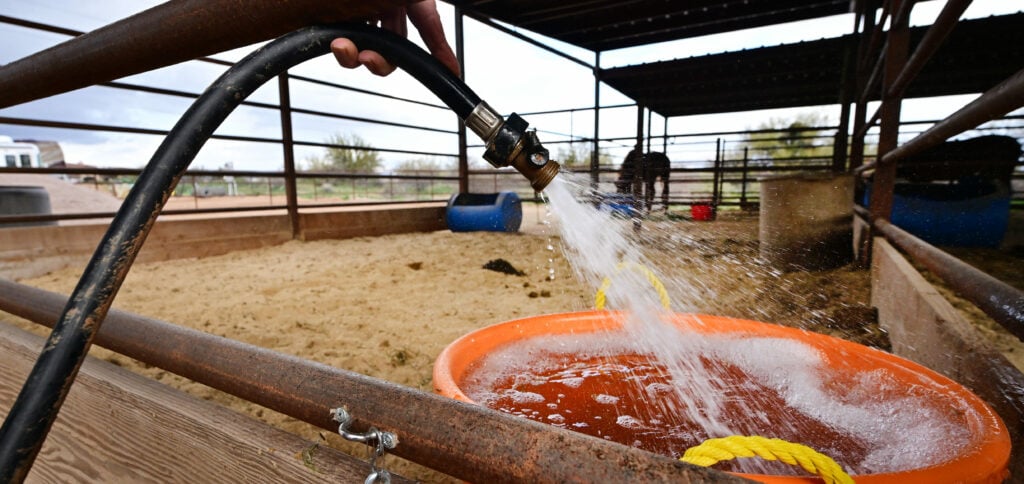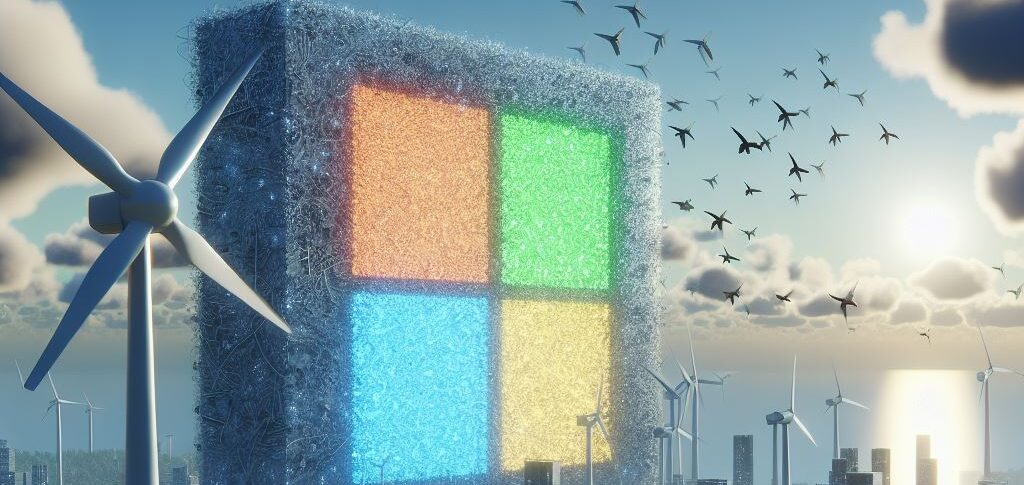“This is the first time in 46 years that the world has come together to address the issue of water. And it’s now or never, this is the opportunity”, Henk Ovink, special representative for the topic from the Netherlands, a country that organizes in partnership with Tajikistan, told AFP. the water conference, which will take place from March 22 to 24.
ADVERTISING
The last conference of this size on a topic that is not covered by any global treaty nor is the responsibility of any specialized UN agency took place in 1997 in Mar del Plata (Argentina).
The evidence, however, is clear. “We broke the water cycle”, laments Henk Ovik.
“We are extracting a lot of water from the ground, we are contaminating the remaining water. And now there is so much water in the atmosphere that it is affecting our economies and our population due to climate change.”
ADVERTISING
The result is a lot of water on one side and scarcity on the other, with floods and droughts increasing across the planet as a result of global warming caused by human activities.
According to the UN, 2,3 billion people live in water-stressed countries. Furthermore, in 2020, almost two billion people did not have access to drinking water, almost 3,6 billion did not have sanitation facilities and 2,3 billion were unable to wash their hands at home. All situations favor the emergence of diseases.
The problem is a far cry from the Sustainable Development Goals adopted by the UN in 2015, which include ensuring widespread access to sustainably managed water and sanitation services by 2030.
ADVERTISING
Drop by drop
“We need to develop a new water economy that helps us reduce waste, make more efficient use of water and allow greater equity in access to this basic resource”, said the director general of the World Trade Organization (WTO), Ngozi Okonjo-Iweala, co-author of a recent report that warns of a “systemic crisis stemming from decades of human water mismanagement.”
“The water summit must result in an ambitious program of action on water that delivers the commitment it deserves,” commented UN Secretary-General Antonio Guterres.
Almost 6.500 participants are expected to gather in New York at more than 500 conference events, including 20 heads of state and government, dozens of ministers and hundreds of representatives from civil society and the business world.
ADVERTISING
Hundreds of projects have already been registered on the conference website: from building low-cost toilets for millions of people around the world to improved agricultural irrigation in Australia to access to clean water in Fiji.
“We cannot be content with gradual progress, but must plan a profound transformation of our water management in a new climate reality,” said Ani Dasgupta, director of the World Resources Institute, to ensure that “solutions exist” to the problem.
“Guaranteeing water for our societies in 2030 would cost just over 1% of global GDP”, he highlighted in a statement. “And the return on these investments would be immense, from the growth of economies to the increase in agricultural production, including a better quality of life in poor and vulnerable communities.”
ADVERTISING
(To AFP)
Read also





